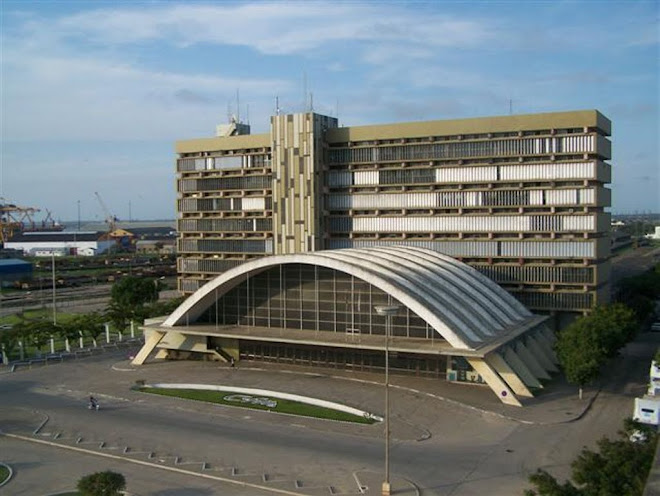Technicalities are complex enough, consequences far-reaching that political will was on display to a considerable degree.
Unlike previous ones this has been the bigger step forward so far.
Uma página informativa de conteúdo variável e diversificado


Another black and white motion statement leaving me no option but to choose No.
While I agree to the first part I am not prepared to contemplate the idea that the Euro should get abolished.
Abolished? Then what?
All 17 countries now sharing the single currency would revert back to their old monies?
Or a new version of yesteryear's currencies?
Simplistic as I made it out to be packed in a few odd questions, every single serious economic, financial and social consequence is inextricably wrapped up within each.
That is where the stakes are high enough to ensure that the Euro is given a new lease on life.
It calls for closer European integration.
What form and shape this will take is for policymakers and far-sighted politicians to grasp and propose.
It would seem to me that the Euro has many underlying strengths but will not - contrary to the founder's beliefs - assure convergence between all the economies it services. How could it?
The divide has been felt acutely lately (1-2 years) the logical consequence of relevant economic under-performance among member-countries.
There has obviously got to be a political solution rooted in realistic economic fundamentals.
The road traveled so far proved artificially smooth during the first 10 years I dare say but unsurprisingly very bumpy in the last 1-2.
It could not have been otherwise given the structural differences setting these countries apart. And excessive spending pursued mostly by a few Southern European States who could not see beyond the present.
Adherence to the Maastricht criteria never again seemed to be taken seriously once countries landed themselves inside the Euro club. Not to mention Greece that never fulfilled the criteria in the first place or ever bothered to balance its books.
Very disappointing to admit but the Euro Zone is indeed right in the middle of a storm testing its main crews to the limit.
The latest summit decisions seem to indicate that where there is a will there is a way.
It may have just been one first small step in the right direction.
The specifics are very hard to work on.
Yet it would seem to me that the 17-member Euro Zone and the larger EU can hardly afford shooting down the Euro.
The broader picture needs to come into full view.
An hypothetical demise of the single currency would deal another severe blow to Europe's economic fortunes.
Its relative decline vis-a-vis the rest of the world would get a further boost.
I do not like misplaced calls for solidarity from Southerners but would rather see the stronger half of the dividing line realize where their medium-to-long interest lies.
To that end many balances across the Euro Zone need to be restored at the earliest.
Doom and gloom should follow with a grin of resignation at best.
The game in town is called "holes" that for longer than I can remember - both in fat and lean years - kept cropping up suddenly from the apparent normality of day-to-day business.
But Portugal might yet disprove its own pessimism to post a better all-round result at the end of 2012.
So I remain hopeful.